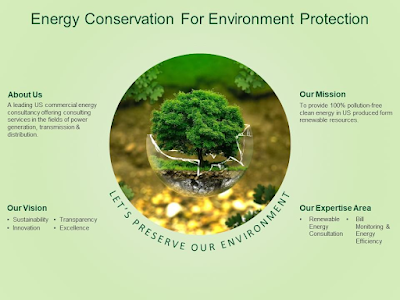The Crucial Role of Forests in Today’s World
Forests are an essential component of Earth’s ecosystems, playing a vital role in maintaining biodiversity, climate balance, and the well-being of human societies. In the face of increasing environmental challenges, forests have become more important than ever for the sustainability of our planet and the survival of life as we know it.
1. Biodiversity Hotspots
Forests are home to over 80% of the world’s terrestrial species, making them crucial biodiversity reservoirs. From towering trees to the microorganisms living in the soil, forests support a web of life. Rainforests, such as the Amazon and Congo, are particularly rich in species diversity, housing millions of plants, animals, and insects, many of which are still undiscovered. This rich biodiversity provides humanity with invaluable resources like medicinal plants, foods, and natural materials that have yet to be fully explored or utilized.
2. Climate Regulation
Forests are often referred to as the “lungs of the planet” due to their ability to absorb carbon dioxide and release oxygen. They act as carbon sinks, helping to mitigate the effects of climate change by storing carbon that would otherwise contribute to global warming. According to studies, forests absorb around 2.6 billion metric tons of carbon dioxide annually, making them an essential defense against the rapidly increasing concentrations of greenhouse gases in the atmosphere.
3. Water Cycle Maintenance
Forests play a critical role in regulating the global water cycle. Trees absorb water through their roots and release it into the atmosphere through a process known as transpiration, which helps in the formation of clouds and precipitation. This natural process is crucial in maintaining rainfall patterns, preventing droughts, and ensuring a steady supply of fresh water for human consumption, agriculture, and industrial use.
4. Soil Conservation
Forests protect the soil from erosion by binding it with their roots. This natural protection prevents landslides, reduces sediment runoff, and helps maintain fertile land for agriculture. Deforestation leads to soil degradation and loss of arable land, which threatens food security for millions of people worldwide.
5. Livelihoods and Cultural Importance
Millions of people around the world rely on forests for their livelihoods. Forests provide timber, fuel, food, and medicine to local communities, particularly in developing countries. Moreover, forests hold cultural significance for indigenous populations, offering spiritual, historical, and cultural value. Preserving forests, therefore, not only protects biodiversity but also safeguards the way of life for many communities who have coexisted with these ecosystems for generations.
6. Economic Value
Forests contribute significantly to the global economy through industries such as forestry, tourism, and agriculture. Sustainable forest management can lead to long-term economic benefits without compromising the health of ecosystems. Ecotourism, in particular, is a growing industry that highlights the importance of forests and biodiversity while promoting conservation efforts.
7. Challenges to Forests
Despite their immense importance, forests are under severe threat from deforestation, illegal logging, and land conversion for agriculture. Every year, millions of hectares of forests are lost, contributing to habitat destruction, loss of biodiversity, and increased carbon emissions. Urbanization and industrial expansion have also led to forest degradation, reducing the earth’s capacity to absorb carbon and regulate climate.
8. The Path Forward: Conservation and Sustainable Practices
Efforts to conserve forests are critical for the future. Governments, environmental organizations, and local communities are working together to promote reforestation, sustainable forest management, and the protection of endangered forest ecosystems. By adopting sustainable agricultural practices, reducing deforestation, and creating protected areas, we can ensure forests continue to serve their vital role on the planet.
Conclusion
Forests are not just the lungs of the Earth; they are the lifeblood of our global ecosystem. From climate regulation and biodiversity conservation to providing livelihoods and economic benefits, forests are essential for the survival and prosperity of humanity. The future of our planet is closely intertwined with the health of its forests, and it is imperative that we take immediate and sustained action to protect and restore them for future generations.












No comments:
Post a Comment
Yes